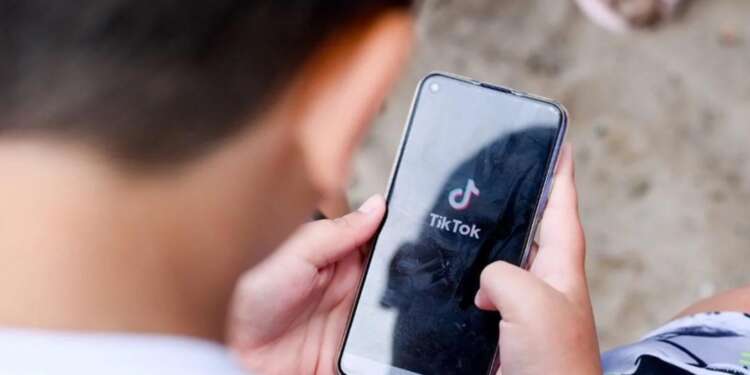The US Department of Justice (DOJ) is planning to bring a child privacy lawsuit against TikTok as the impending ban against the short-video platform draws nearer.
The alleged violations were investigated by the Federal Trade Commission (FTC), which referred the case last week to the Justice Department, according to a report by Reuters. The complaint is based on allegations that TikTok violated the Children’s Online Privacy Protection Act (COPPA).
The child safety law gives parents control over the information that a company collects from their children, according to the FTC.
TikTok has rejected the allegations, expressing disappointment over the upcoming lawsuit.
The development comes at a time when TikTok, owned by Chinese tech conglomerate ByteDance, is fighting to remain operational in the US, which has already passed a law against it. The legislation, called “Protecting Americans from Foreign Adversary Controlled Applications Act”, forces ByteDance to sell its US operations until January 2025 or face a permanent ban.
With over 170 million active users in the US, TikTok has strongly condemned the Act, accusing the Biden administration of violating the First Amendment of the Constitution. The company has filed a lawsuit against the law, saying that the prospective ban cannot be averted unless the controversial piece of legislation forcing the app’s sale is struck down by the court.
The formulation and approval of Protecting Americans from Foreign Adversary Controlled Applications Act persist from the long-standing security concerns within the regulatory circles in the US. Over the years, TikTok has faced accusations of covert links with the Chinese government and that it might be forced into sharing data of Americans with Chinese intelligence agencies for “traditional espionage operations”.
TikTok has repeatedly asserted that it has no connections with the Chinese government, however. The company has stated that it protects personal information of its users and takes their privacy seriously.
TikTok’s lawsuit against the prospective ban will begin in September.





